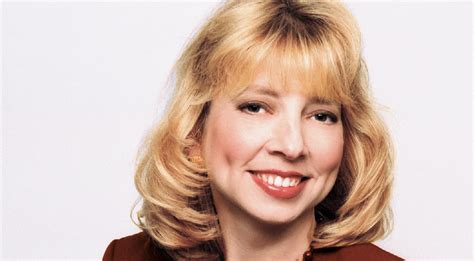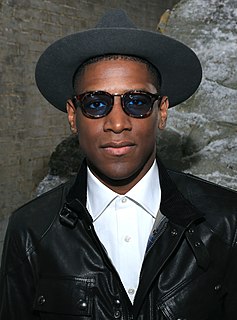A Quote by Sarah Lacy
What's awesome about the Internet is how it breaks up monopolistic markets where middlemen unfairly gobble up outsized fees, leaving us little choice but to keep paying them.
Related Quotes
The difficulty will be to keep her from learning too fast and too much. She is always sitting with her little nose burrowing into books. She doesn't read them, Miss Minchin; she gobbles them up as if she were a little wolf instead of a little girl. She is always starving for new books to gobble, and she wants grown-up books--great, big, fat ones--French and German as well as English--history and biography and poets, and all sorts of things. Drag her away from her books when she reads too much.
I just really care about what people see. I want them to know that I'm working hard for this. The artists that I look up to like, you know, Michael, Prince, James Brown. You watch them and you understand that they're paying attention to the details of their art. And they care so much about what they're wearing, about how they're moving, about how they're making the audience feel. They're not phoning it in. They're going up there to murder anybody that performs after them or performs before them. That's what I've watched my whole life and admired.
People were touchingly naive at the dawn of the Internet revolution when they said the Internet will route around censorship the way it routes around damage. With any revolution, the establishment catches up and figures out how to screw it up. The answer is to keep technology advancing fast enough so that those who would try to control it can't. It's up to people to defend what they care about. We shouldn't be complacent that this stuff is going to be a force for good.
Maybe you just have those impromptu conversations, or where all of the sudden you're standing on the corner waiting to cross the street and you notice three people looking up and you look up with them. And you all smile at each other because you're seeing a little piece of a rainbow between two buildings, and that little rainbow and you all just shared a New York moment, and that's awesome, and then you keep on in your way.
We don't have a choice in how or when our bad days will blindside us. But what we do choose is how we allow them to leave us once they're gone. You can use those moments as a catalyst to spur you on to greater things or you can let it be the event that breaks you and leaves you shattered and forever lost in darkness.
There's whole television stations, magazines, organizations devoted to analyzing every up-and-down twist and turn, IPO, everything that happens in the formal economy. And yet the informal economy, these black and gray markets, actually make up for almost half of the global economy. And there's so little information that we have about them.
It's important to teach students about the reality of the system, that it is in fact the case that they are being targeted unfairly, that the rules have been set up in a way that authorize unfair treatment of them, and how difficult it is to challenge these laws in the courts. We need to teach them how our politics have changed in recent years, how there has been, in fact, a backlash. But we need to couple that information with stories of how people in the past have challenged these kinds of injustices, and the role that youth have played historically in those struggles.

































